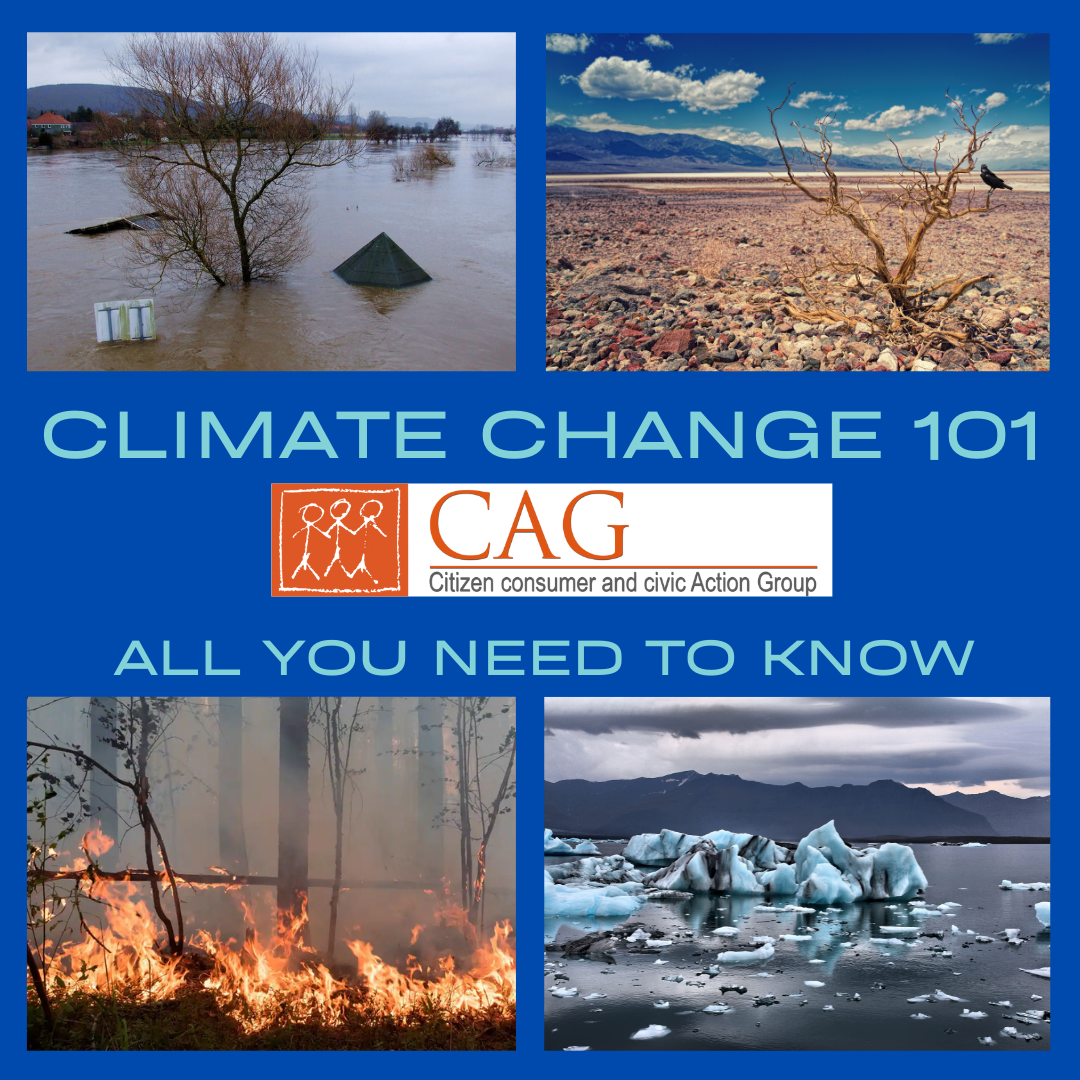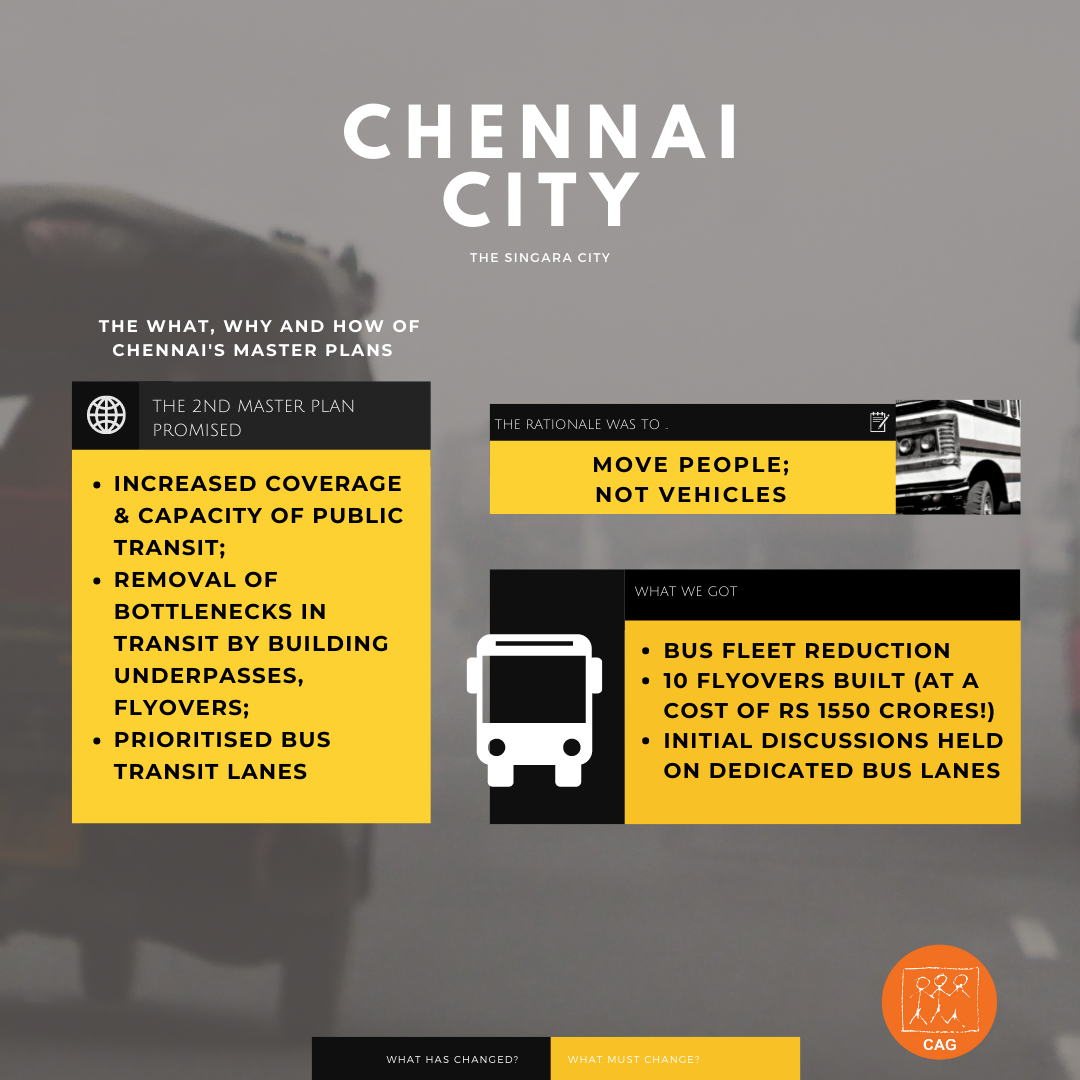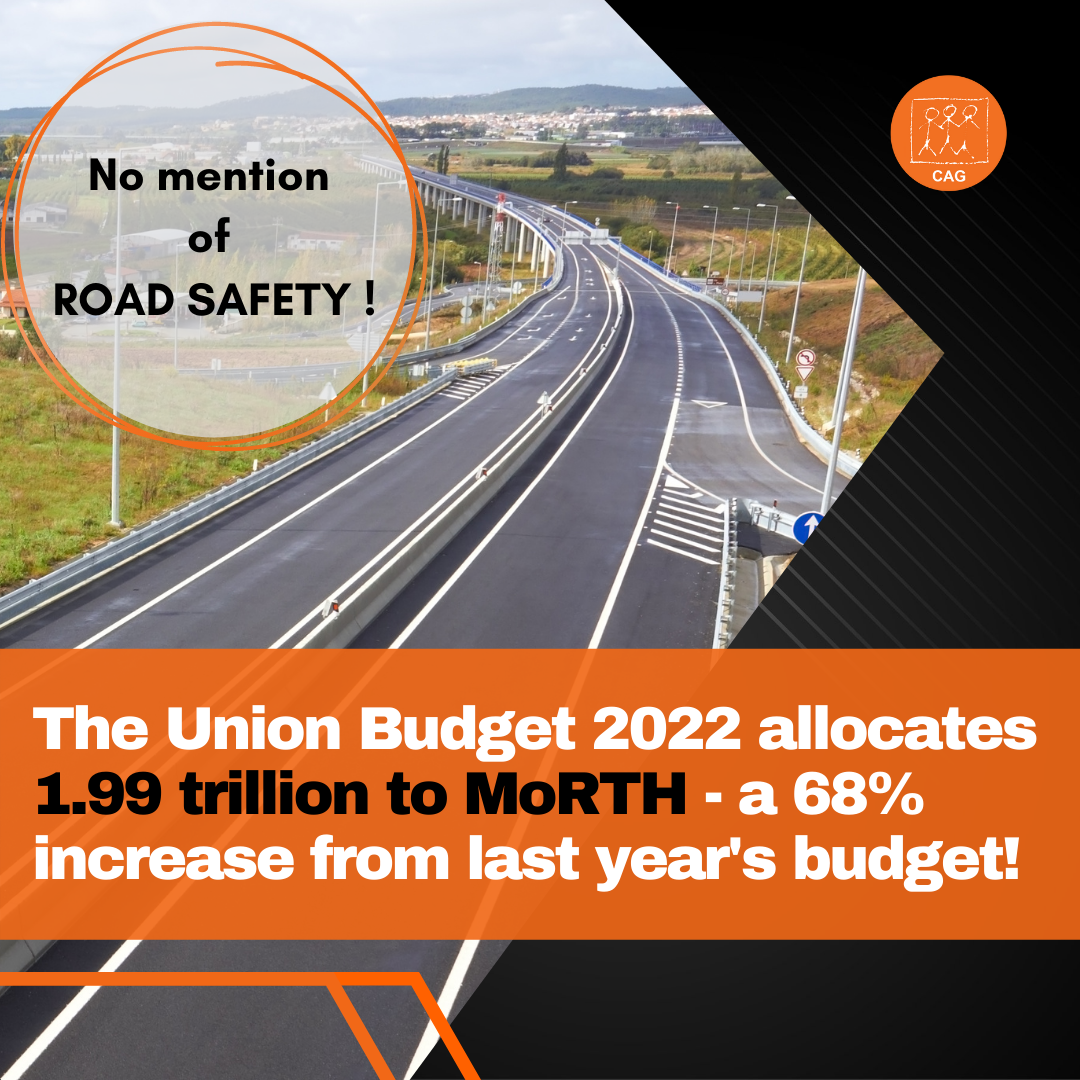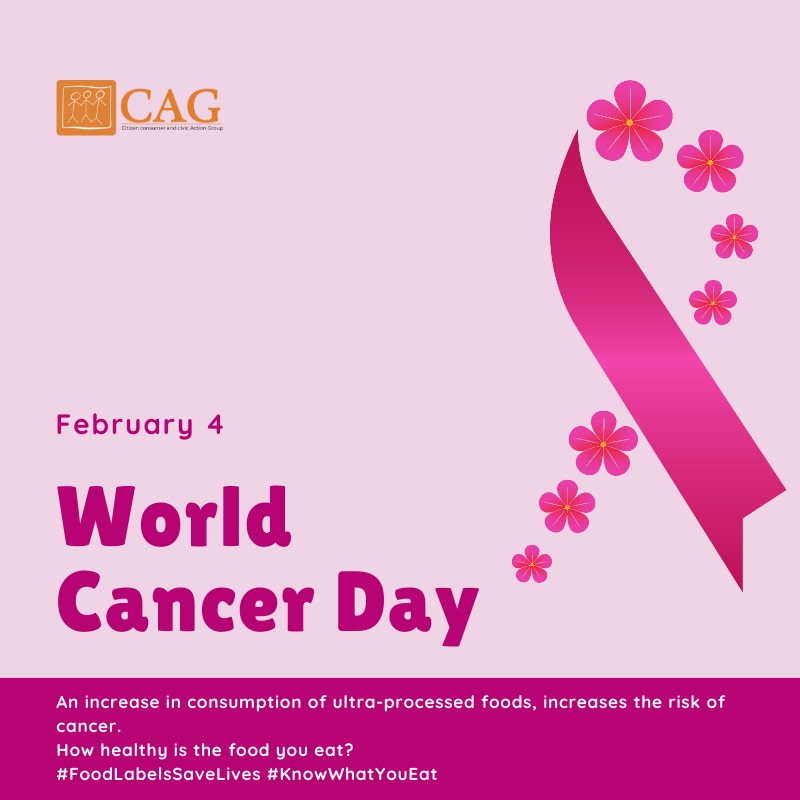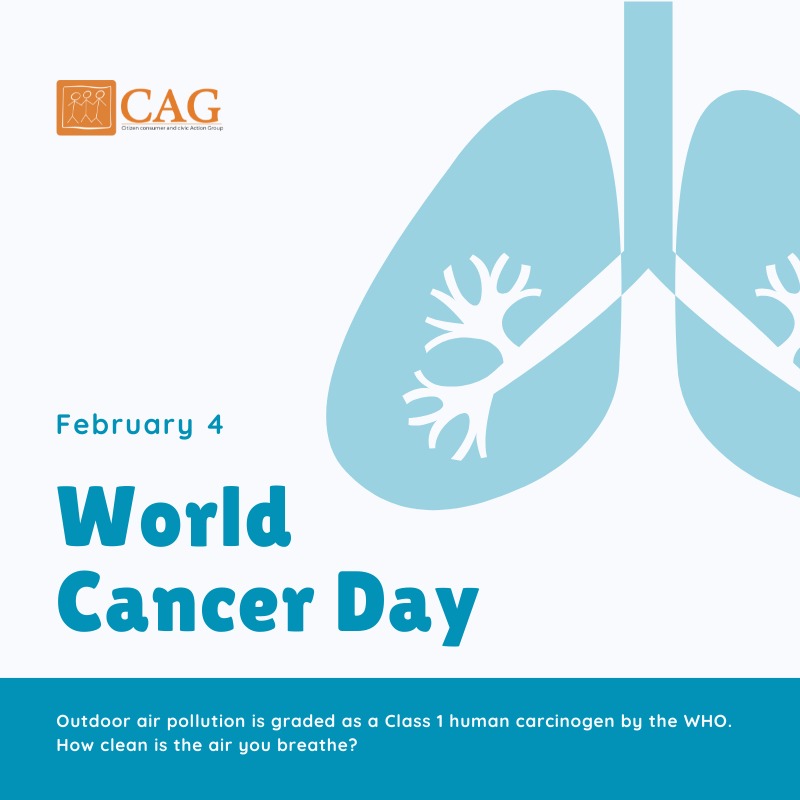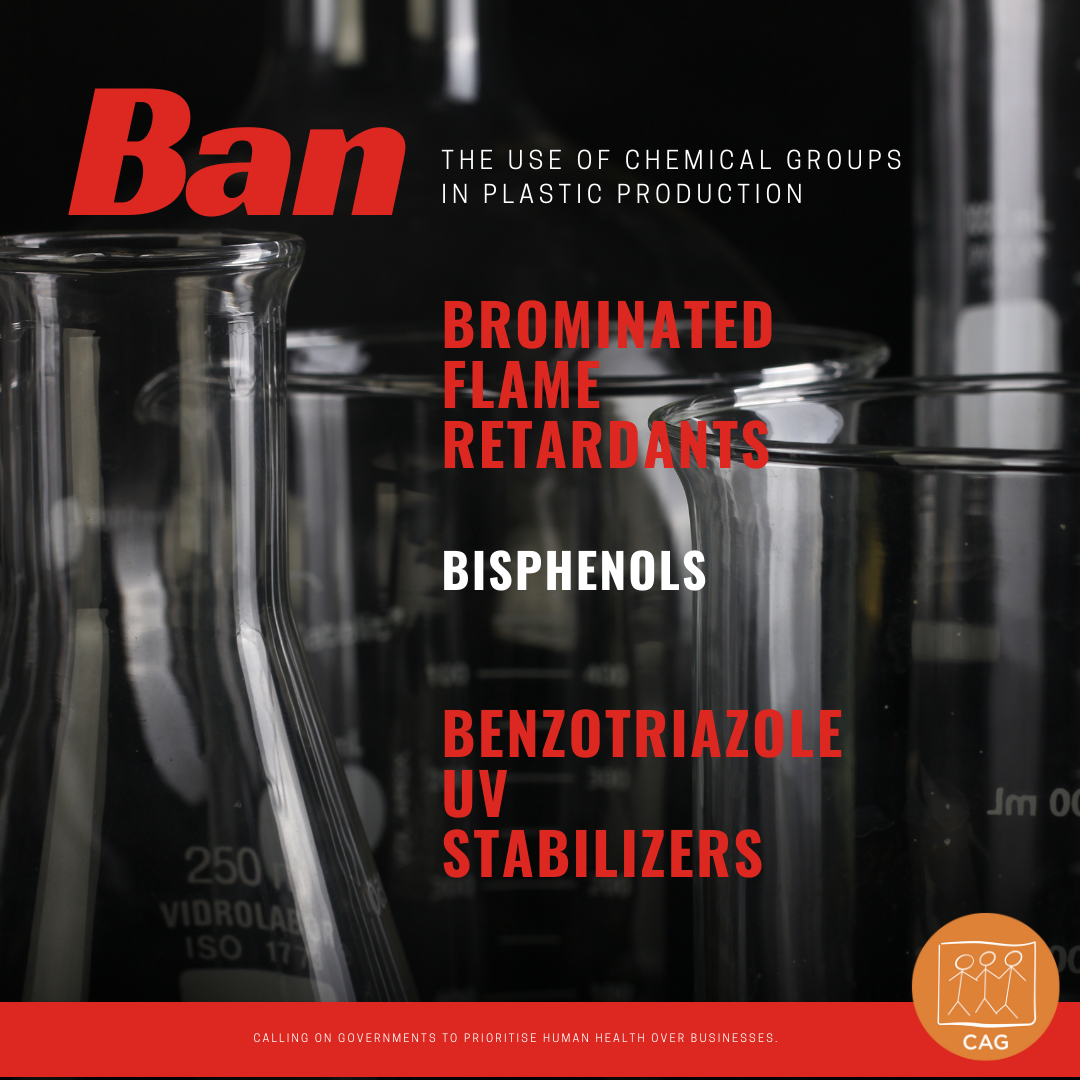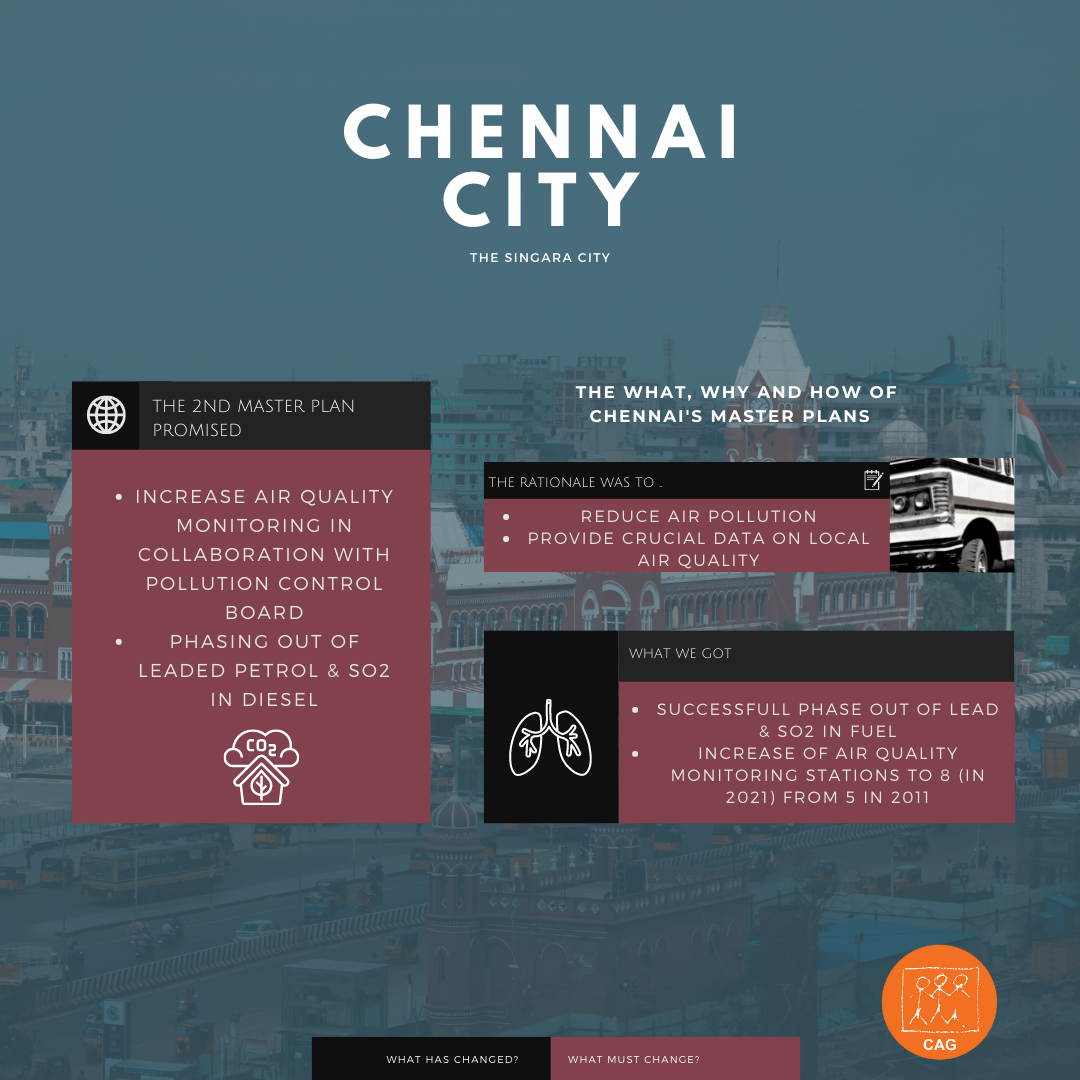Recognising the ill-effects of trans fat and with the aim to regulate it, Government of India notified the regulations further to reduce trans fat in oils and fats to be less than 3% by weight effective January 2021 and less than 2% from January 2022. (Source: FSSAI notification dated 29/12/2020). In addition, by amending the Food Safety and Standards (Prohibition and Restrictions on Sales) Regulations, 2011, the FSSAI has said that food products which use edible oils and fats as an ingredient should not contain industrial trans fatty acids more than 2% by mass of the total oils/fats present in the product, starting January 1, 2022. (Source: FSSAI notification dated 02/02/2021)
Citizen consumer and civic Action Group (CAG) will be involved in supporting the implementation of recent trans fat policies in Tamil Nadu through advocacy, awareness programs, developing and sharing IEC materials like videos, posters, organising workshops, multi-stakeholder meetings, signature campaign targeting different sets of population like school and college students, and engaging with oil manufacturers, bakery and restaurant owners and government officials in the state
Trans fatty acids or trans fat is a type of saturated fatty acid that can either occur naturally or can be manufactured during the process of hydrogenation of vegetable oil. Vegetable oils are hydrogenated or partially hydrogenated to turn them into solid fat at room temperature. This increases their shelf life, and enhances the taste and texture of processed food items. Hydrogenated vegetable fat is a cheap source of oil/fat for branded and local food manufacturing companies. Trans fats can be found in food products such as margarine, fried foods such as chips; chocolates, biscuits and all baked goods. Trans fats occur naturally in milk, cheese, and certain meats. Artificial trans fats are known to raise the level of low-density lipoprotein (LDL) or the ‘bad’ cholesterol in the blood and increase the risk of coronary artery heart disease and stroke. Diets high in trans fats increase heart disease risk by 21 per cent and deaths by 28 per cent. Studies reveal that intake of Trans Fatty Acids (TFA) results in more than 500,000 deaths from cardiovascular disease, annually. In India, that number is pegged at about 60,000 deaths.
